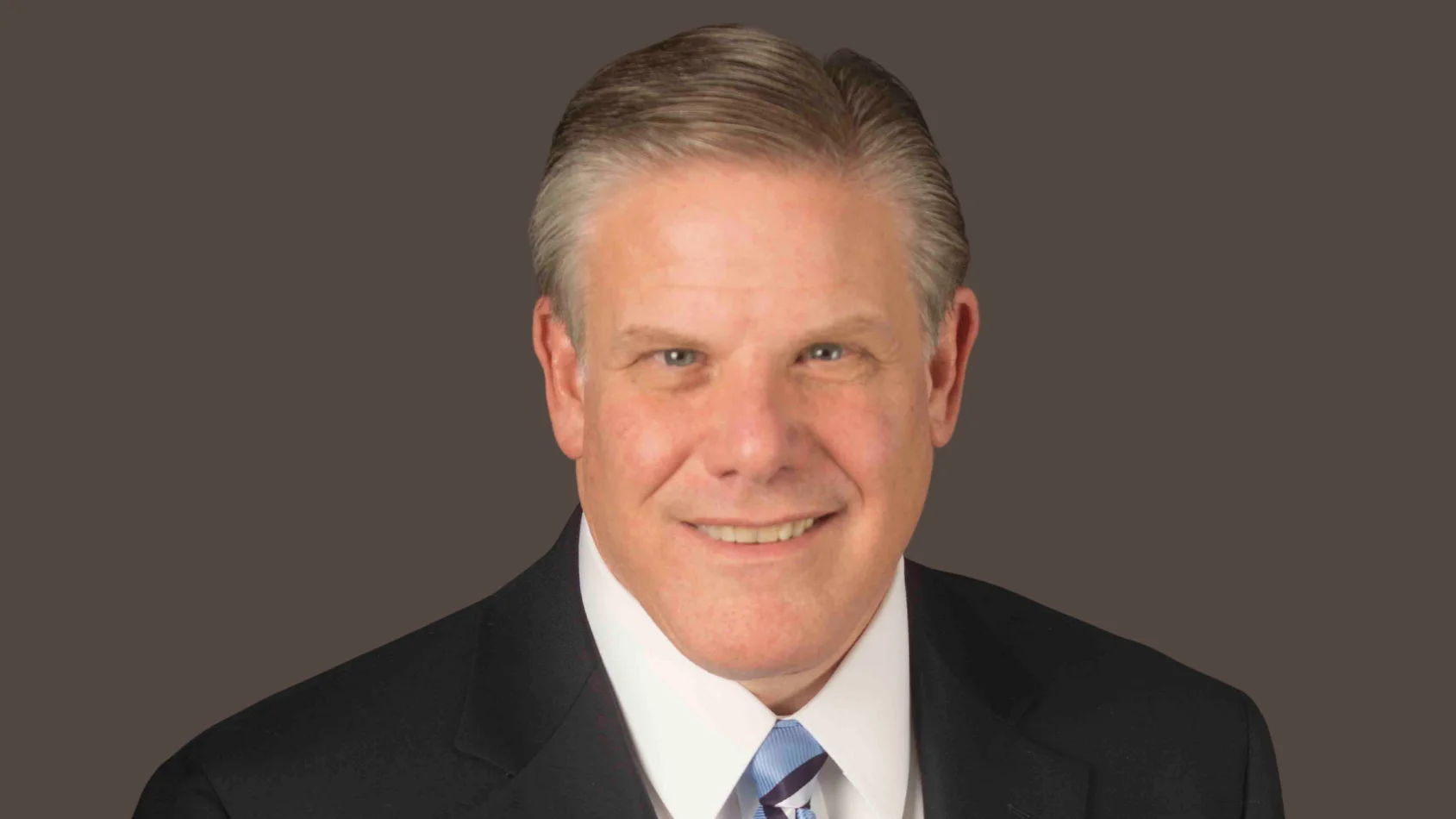President Trump has signed a proclamation that raises the fee for new H-1B visa petitions to $100,000 and imposes additional restrictions on certain nonimmigrant workers. These changes took effect on September 21 and are set to last for 12 months unless extended. The Department of Homeland Security and the Department of State have been authorized to implement these policies.
According to the U.S. Citizenship and Immigration Services, these changes do not affect previously issued H-1B visas or petitions submitted before September 21. Additionally, fees related to H-1B renewals remain unchanged. The proclamation allows for application fee waivers if deemed in the national interest by the Secretary of Homeland Security. It remains uncertain whether health care workers might qualify for such exemptions.
The American Hospital Association (AHA) is closely monitoring the situation. In a statement, the AHA highlighted the importance of foreign-trained health care workers in addressing personnel shortages in U.S. hospitals. "While we work to educate more health care staff, the H-1B visa program plays a critical role in allowing the hospital field to recruit highly skilled physicians and other health care professionals," they said. The AHA is assessing how these policy changes could impact hospitals and their communities and plans to engage with the Administration regarding potential exemptions for health care personnel.
Information from this article can be found here.





